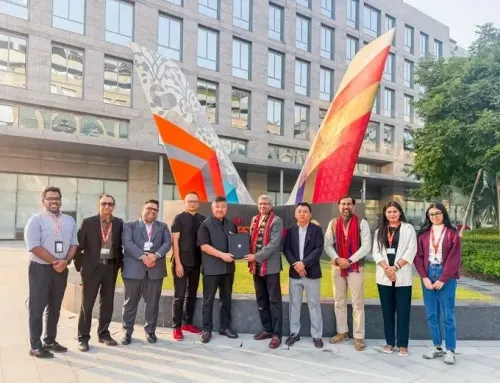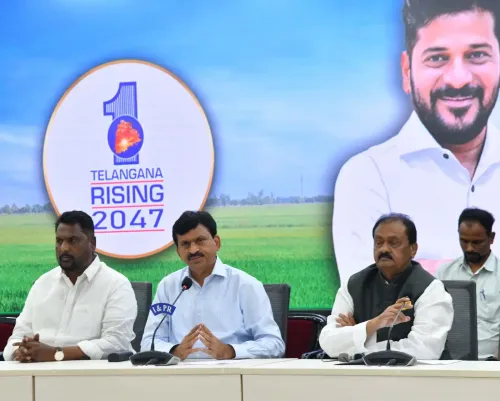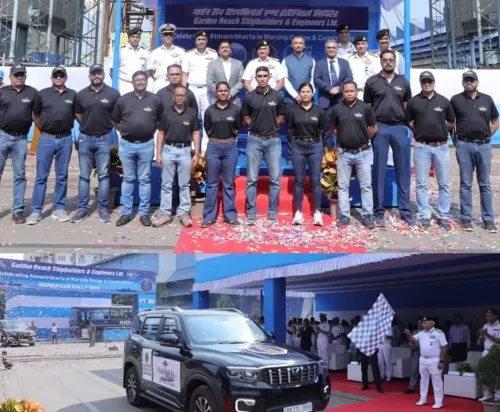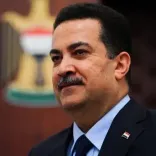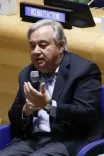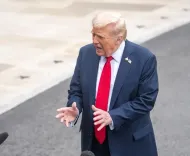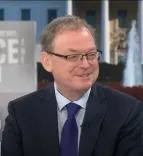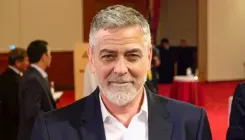Will Marathi Always Remain a Classical Language?
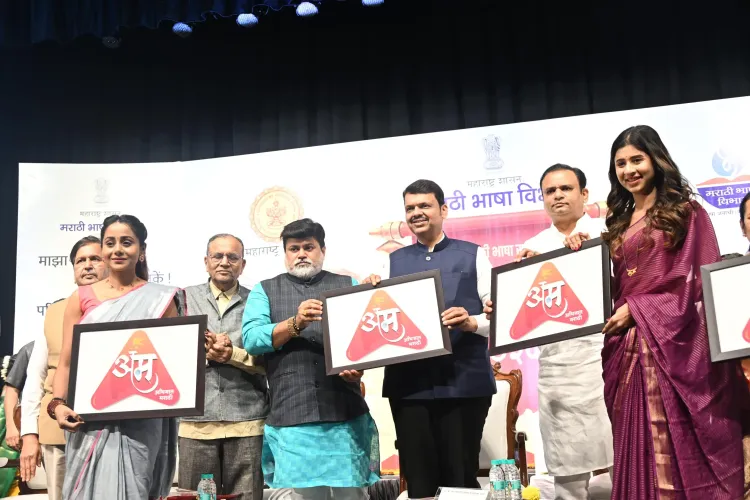
Synopsis
Key Takeaways
- Marathi is recognized as a classical language with a rich heritage.
- The government is committed to promoting Marathi on a global stage.
- Respect for Marathi is intertwined with Maharashtra's cultural identity.
- Efforts include the establishment of a Marathi language center at JNU.
- Shirwade village is being transformed into a 'book village.'
Mumbai, Oct 3 (NationPress) The Chief Minister of Maharashtra, Devendra Fadnavis, emphasized on Friday that Marathi has always been a classical language, continues to be one today, and will remain so in the future. He stated, “Language serves as a vessel to preserve culture. Every language across the nation carries a unique cultural legacy. As language plays a pivotal role in cultural enhancement, it is imperative for everyone to cherish their own language, native tongue, and other languages.”
“The Marathi language was classical in the past, is classical now, and will retain its classical status in the years to come,” he remarked during the inauguration of the Abhijat Marathi Bhasha Samman Diwas and Abhijat Marathi Bhasha Week.
He highlighted that respect for Marathi equates to respecting the poets who composed Ovees (a poetic meter used in Marathi poetry) in villages and homes, as well as the tradition of singers like Vasudev, who perform devotional songs for alms at dawn. This respect extends to the aarti, bhajans, and kirtans that resonate from temples, encapsulating the essence of saints and the creativity of poets.
“This respect honors various thinkers, from the profound Deepika (commentary on the Bhagavad Gita) by Sant Dnyaneshwar to the philosophical insights of Babasaheb Ambedkar,” he continued. The Chief Minister further noted that Maharashtra houses 25% of the nation's libraries, contributing to the richness of the Marathi language as people strive to instill a love for literature and ideas in future generations.
“It is a matter of pride that Marathi boasts the largest number of literary dictionaries. Additionally, over 200 literary conferences are held in Marathi annually. It is the only language capable of articulating diverse ideas and providing various platforms,” he declared.
CM Fadnavis mentioned that even in the digital era, literature and books worth crores of rupees continue to thrive. While various theaters are present in different languages across the nation, there appears to be a decline in activity. He acknowledged that Marathi enthusiasts and theater practitioners have nurtured a vibrant Marathi theater scene.
In his address, Marathi Language Minister Uday Samant stated that the government is committed to promoting Marathi on a global platform. “Marathi transcends mere language; it embodies the essence of Maharashtra's culture. The state government will strive to take the language of Dnyaneshwar, Tukaram, and Chhatrapati Shivaji Maharaj to an international level,” he affirmed.
He further stated that the historical significance of the Dnyaneshwari, Tukaram Gatha, and the Marathi language Rajkosh (reference book) has led the Central Government to grant Marathi classical language status, enhancing Maharashtra's prestige.
Minister Samant announced plans to establish a Marathi language center at the esteemed Jawaharlal Nehru University in Delhi and a memorial dedicated to Chhatrapati Shivaji Maharaj there. Shirwade village near Nashik is being developed as a “book village.” A Marathi festival honoring Kusumagraj (renowned Marathi writer V.V. Shirwadkar) will be organized in rural areas. Furthermore, the world's first Global Marathi Language Centre will be established by acquiring the Maharashtra Mandal in London.

